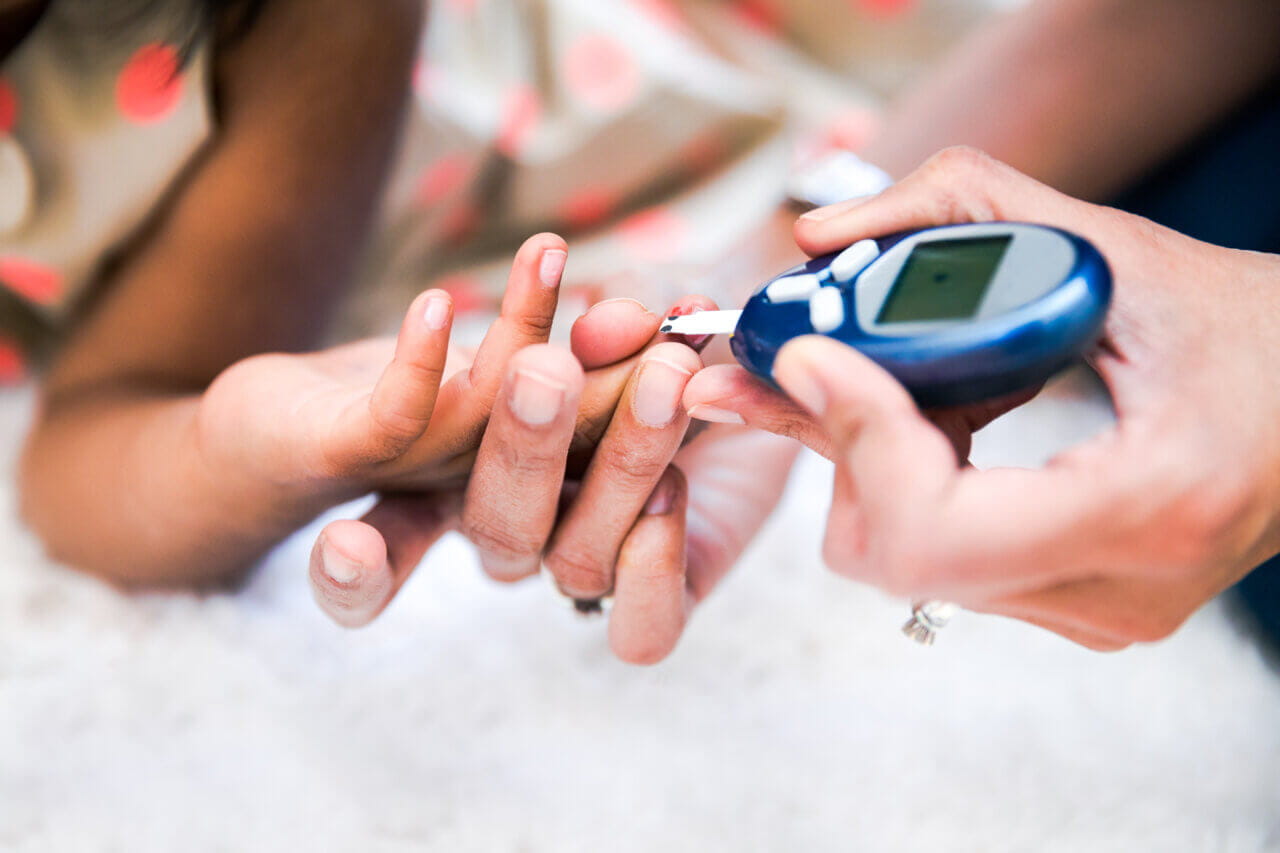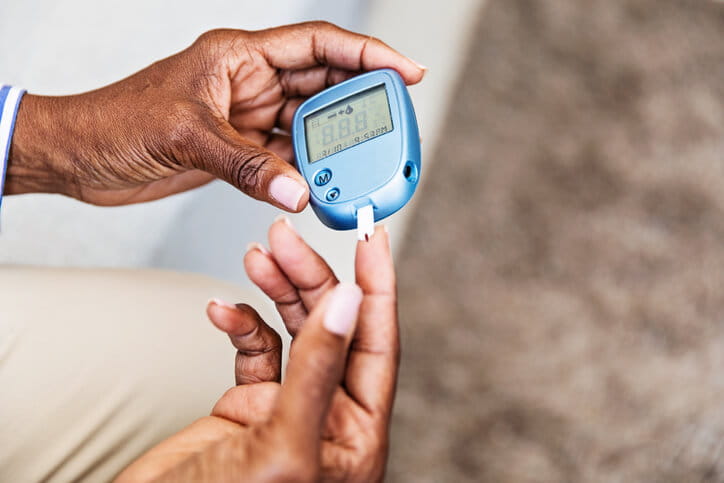What Is Prediabetes?

You may have heard the term “prediabetes,” but what does it mean? Think of it as an early warning sign from your body.
Prediabetes is a serious health condition where your blood sugar levels are higher than normal, but not yet high enough to be diagnosed as type 2 diabetes. The good news is that a prediabetes diagnosis doesn’t mean you will get type 2 diabetes. In fact, with lifestyle changes, you may be able to reverse the condition and prevent or delay the onset of type 2 diabetes.
This article provides details on what prediabetes is, who is at risk, the symptoms of the condition and how to address it.
Understanding Prediabetes
If you have prediabetes, your body isn’t processing sugar (glucose) properly anymore. This can happen in two ways: Your pancreas may not be making enough insulin, or your cells have become resistant to the insulin that’s being produced.
Insulin is a crucial hormone that allows sugar to enter your cells, where it’s used for energy. When this process is disrupted, sugar builds up in your bloodstream, leading to prediabetes.
Who Is at Risk of Developing Prediabetes?
While the exact cause of prediabetes is unknown, several factors can increase your risk. Some of these, such as your family history or age, can’t be changed, but many are within your control.
You may be at a higher risk for prediabetes if you:
- Are overweight
- Are 35 or older
- Have a family history of diabetes
- Are not physically active
- Had gestational diabetes
- Have polycystic ovary syndrome
Risk also varies across populations due to a mix of genetics, environment and social factors.
Prediabetes Symptoms
One of the tricky things about prediabetes is that it often has no observable signs or symptoms. Many people have the condition and aren’t aware of it. However, one possible sign to look out for is darkened skin on certain parts of the body, such as the neck, armpits and groin.
As prediabetes progresses toward type 2 diabetes, you might start to notice other symptoms, such as:
- Increased thirst
- Frequent urination
- Increased hunger
- Fatigue
- Blurred vision
If you’re experiencing any of these symptoms, it’s crucial to talk with your healthcare provider.
How Is Prediabetes Diagnosed?
Since prediabetes often has no symptoms, it’s usually diagnosed through blood tests. Your healthcare provider may order a fasting plasma glucose test, which measures your blood sugar after you’ve fasted for at least eight hours.
An A1C test is another common diagnostic tool that shows your average blood glucose level over the past two to three months. The results of these tests will tell your provider whether your blood sugar levels are in the prediabetic range.
Taking Action After a Prediabetes Diagnosis
Receiving a prediabetes diagnosis can be scary. However, it’s an opportunity to take action to improve your health. By making lifestyle changes, you can help bring your blood sugar levels back to normal and potentially prevent or delay the onset of type 2 diabetes.
Eat a Healthy Diet
Focus on whole, unprocessed foods like fruits, vegetables, lean proteins and whole grains. Limit your intake of sugary drinks, processed foods and red meat.
Exercise Regularly
Aim for regular moderate-intensity exercise, such as brisk walking, each week.
Lose Excess Weight
If you are overweight, losing even a small amount of weight can help.
Work With Your Healthcare Provider
Your healthcare provider can help you create a personalized plan to manage your prediabetes. In some cases, they may recommend medication.
A prediabetes diagnosis is a chance to take control of your health and make changes that will benefit you for years to come. By understanding the condition and taking proactive steps, you can help reduce your risk of developing type 2 diabetes and live a healthier life.
Get Help With Prediabetes From Baptist Health
If you have questions about prediabetes or are experiencing symptoms, contact your healthcare provider. They can answer your questions, diagnose your condition and recommend ways to address prediabetes if you have it.
Call us at 1.855.497.0835 or use our provider directory to find a Baptist Health provider if you don’t have one.
Next Steps and Helpful ResourcesLearn More About Diabetes Care at Baptist Health
Is Diabetes Genetic?
Diabetes Management At Baptist Health
Options for Managing Diabetes



